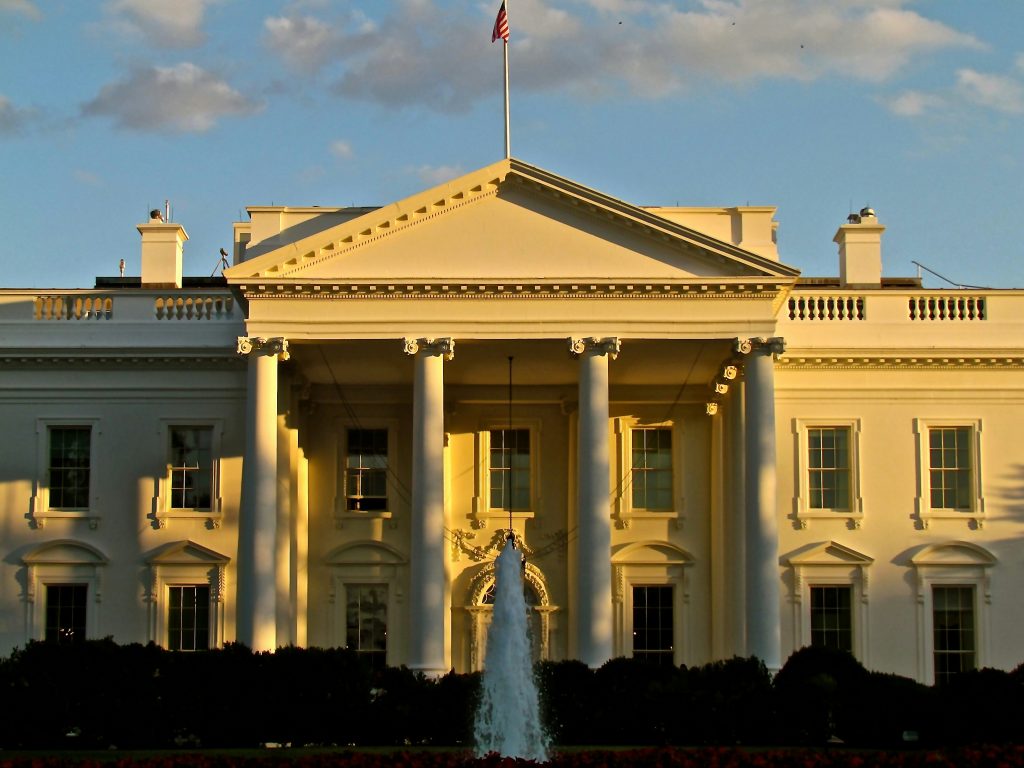Judicial Immunity for Bankruptcy Judges as Mediators

By: Alex Occhionero*
On October 7, 2023, Judge David Jones of the U.S. Bankruptcy Court, Southern District of Texas reported that he was in a romantic relationship with attorney Elizabeth Freeman of Jackson Walker, a Texas bankruptcy firm.[1] Freeman and her firm, Jackson Walker, had appeared before Judge Jones in numerous matters, including those in which he acted as a mediator. Though this situation raises many ethical concerns on its face, the most glaring is Judge Jones and Freeman’s respective roles in the highly controversial Corizon settlement.[2] Although the U.S. Trustee, the DOJ’s bankruptcy watchdog organization, has filed an objection to the case[3] based on their concerns surrounding this previously unreported relationship, Judge Jones’ resignation from the bench has limited discipline that could be taken against him.[4] Disciplinary actions that might otherwise be available against Judge Jones are unavailable here, due either to his position as a judge, or his subsequent resignation from the bench. Resignation prevents judicial discipline, the Texas bar lacks jurisdiction to sanction Jones as a judge, and judges are immune to civil liability for their judicial decisions[5], leaving few options to hold him accountable. The conflict of interest present in this case and lack of disciplinary options reignite questions of judicial ethics, namely: Should bankruptcy judges receive immunity when acting as mediators?
The concept of judicial immunity is not a new one, deriving its modern form from the 1608 English case Floyd v. Barker where the court dismissed charges against Judge Barker for conspiracy, finding that the judge had immunity for “anything done by him as Judge.”[6] The court stated that when acting in their official capacity as a judge, there is “absolute” immunity, regardless of how corrupt they may be.[7] Following the U.S.’s independence from England, judicial immunity was the law of the land, reaffirmed by the Supreme Court’s finding in Pierson v. Ray that “few doctrines … [are] more solidly established at common law than the immunity of judges from liability for damages for acts committed within their judicial jurisdiction.”[8] However, these cases do not address mediator liability, only confirming absolute judicial immunity for judges.
Courts have mitigated this shortfall of the law by extending judicial immunity to non-judges through quasi-judicial immunity. The origin of this extension is found in Butz v. Economou where the court gave a three-part test that focused on how closely the public actor’s decision compares to that of judicial decision-makers.[9] Following Butz, courts across the U.S. began to bring others, including mediators, under the umbrella of quasi-judicial immunity. California extended quasi-judicial immunity to mediators and other third-party neutrals in Howard v. Drapkin, finding that people “who fulfill quasi-judicial functions intimately related to the judicial process should be given immunity.”[10] The D.C. Circuit similarly extended quasi-judicial immunity to court-appointed mediators in Wagshal v. Foster, applying the Butz analysis to the court-appointed mediators.[11] A common justification for immunity is the need for the independence of the judiciary and the ability for a judge to act freely, without worry of retribution for their decisions.[12] However, this reasoning is not without its detractors. Scholars have questioned the extension of quasi-judicial immunity, suggesting that there should be greater accountability for mediators and a lack of public policy reasoning behind their immune status.[13]
Given the state of quasi-judicial immunity, Judge Jones is likely to have immunity for his action in the Corizon mediation, as well as other cases he presided over when Freeman represented a party. The perceived inability to hold Judge Jones accountable for the failure to disclose the relationship has reignited questions surrounding mediator immunity and suggestions for limiting the potential for additional ethics issues. A group of bankruptcy scholars and other stakeholders sent a letter to the Southern District of Texas, imploring them to change their Chapter 11 case-assignment procedure to a system more in line with that of other districts so there are no compounded ethics issues and less judge-shopping.[14]
Although parties in Judge Jones’ cases do not have much recourse against the Judge, many of these parties have already begun the process of reevaluating settlements and fee awards in these cases. The presiding judge in the Corizon settlement appointed a new mediating judge to review the entire settlement amount.[15] A creditor in Judge Jones’ former 4E Brands case recently filed for disgorgement of fees paid to Jackson Walker because of the failure to disclose the relationship between Freeman and Judge Jones.[16] As parties move to take fresh looks at Judge Jones’ cases, parties’ opportunities for recourse against his actions as a judge are limited, but there is potential to claw back fees paid to Jackson White and mediate new settlements for these cases. Although it is unlikely there will be substantial changes to mediator immunity in the short term, judges should be on the lookout for clarification on mediator immunity and continue to uphold high standards of ethics, both on the bench and when acting as a mediator.
* J.D. Candidate, Class of 2025, Sandra Day O’Connor College of Law at Arizona State University.
[1] Alexander Gladstone & Andrew Scurria, Bankruptcy Judge Jones Named in a Lawsuit Over Romantic Relationship with Local Lawyer, Wall St. J. (Oct. 7, 2023 7:57 PM), https://www.wsj.com/articles/bankruptcy-judge-jones-named-in-a-lawsuit-over-romantic-relationship-with-local-lawyer-71df2c00.
[2] Nicole Einbinder et al., Prominent Bankruptcy Judge David Jones Recused from Cases, Under Investigation After Exposure of Undisclosed Romantic Relationship, Bus. Insider (Oct. 13, 2023 12:38 PM), https://www.businessinsider.com/prominent-bankruptcy-judge-recused-under-investigation-after-undisclosed-romantic-relationship-exposed-2023-10.
[3] Objection of the United States Trustee to Joint Emergency Motion for Entry of an Order, In re Tehum Care Services, Inc. (No. 23-90086) (Bankr. S.D. Tex. Oct. 13, 2023).
[4] James Nani, Bankruptcy Judge’s Exit Raises Questions About Policing Ethics, Bloomberg Law (Oct. 19, 2023, 10:27 AM), https://www.bloomberglaw.com/bloomberglawnews/bankruptcy-law/XDBECBHO000000?bna_news_filter=bankruptcy-law.
[5] Id.
[6] Floyd v. Barker, 77 Eng. Rep. 1305, 1306 (1607).
[7] Scott Hughes, Mediator Immunity: The Misguided Inequitable Shifting of Risk, 83 Or. L. Rev. 107, 113 (2004).
[8] Pierson v. Ray, 386 U.S. 547, 553-54 (1967).
[9] See Butz v. Economou, 438 U.S. 478, 512-13 (1978).
[10] See Howard v. Drapkin, 271 Cal. Rptr. 3d 833, 857 (Ct. App. 1990).
[11] See Wagshal v. Foster, 28 F.3d 1249 (D.C. Cir. 1994).
[12] Hughes, supra note 7, at 115-16.
[13] Hughes, supra note 7, at 126-31, 137-38.
[14] Letter from Kenneth Ayotte et al., Robert L. Bridges Professor of Law, Univ. Cal. Berkely Sch. of L., to The Honorable Eduardo Rodriguez, C.J., U.S. Bankr. Ct., S. Dist. of Tex. (Nov. 1, 2023) (on file with PR Newswire).
[15] Dietrich Knauth, Prison Healthcare Company Restarts Mediation After Bankruptcy Judge Jones Quits, Reuters (Nov. 14, 2023, 5:09 PM), https://www.reuters.com/business/healthcare-pharmaceuticals/prison-healthcare-company-restarts-mediation-after-bankruptcy-judge-jones-quits-2023-11-15/.
[16] Dietrich Knauth, Jackson Walker Faces Call to Disgorge $800k Fee After Judge’s Resignation, Reuters (Nov. 1, 2023, 11:00 AM), https://www.reuters.com/legal/litigation/jackson-walker-faces-call-disgorge-800k-fee-after-judges-resignation-2023-11-01/.


